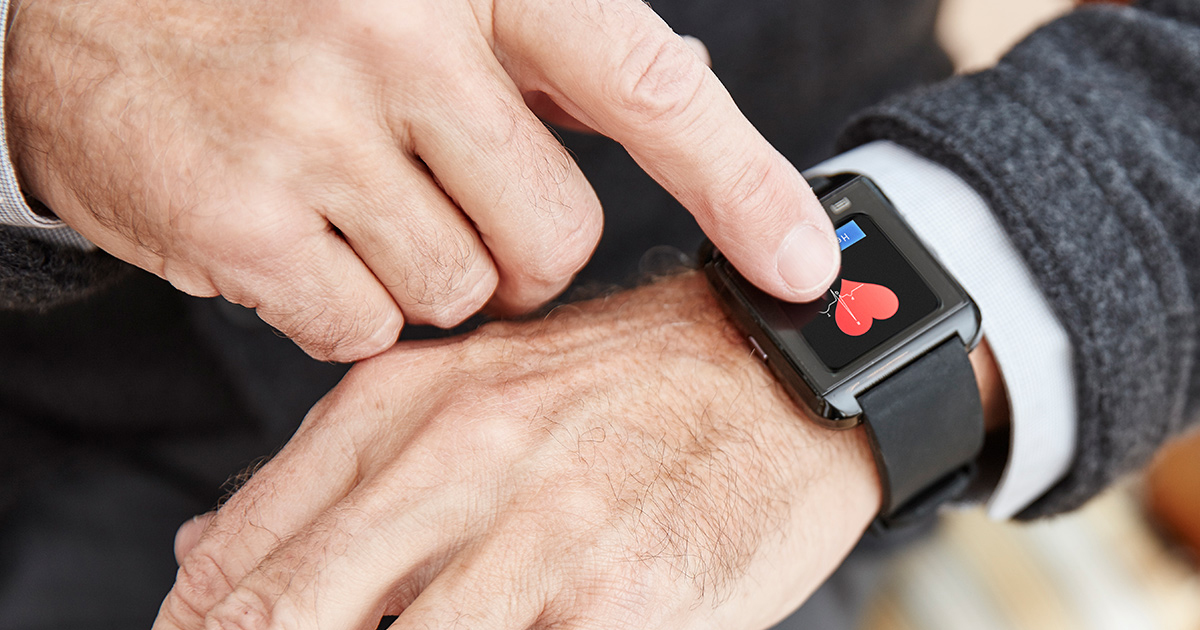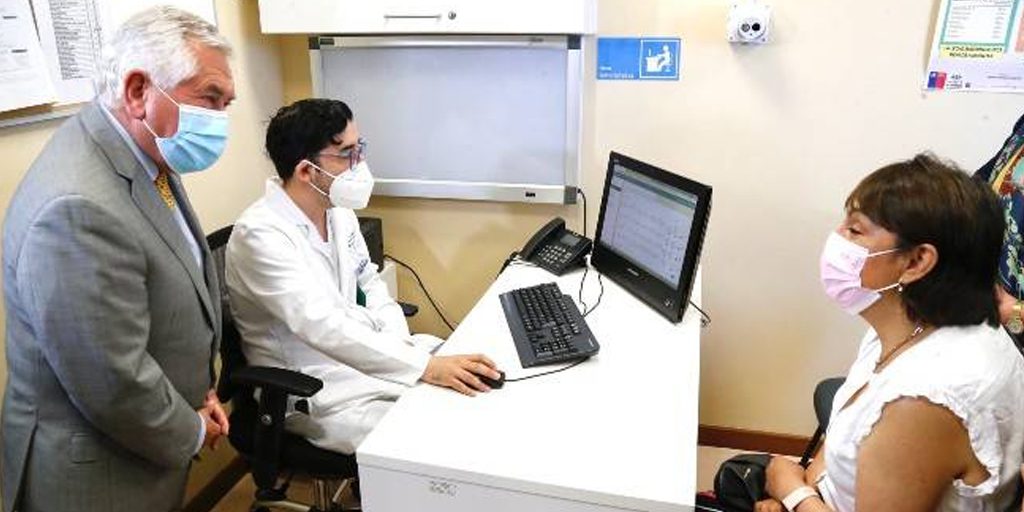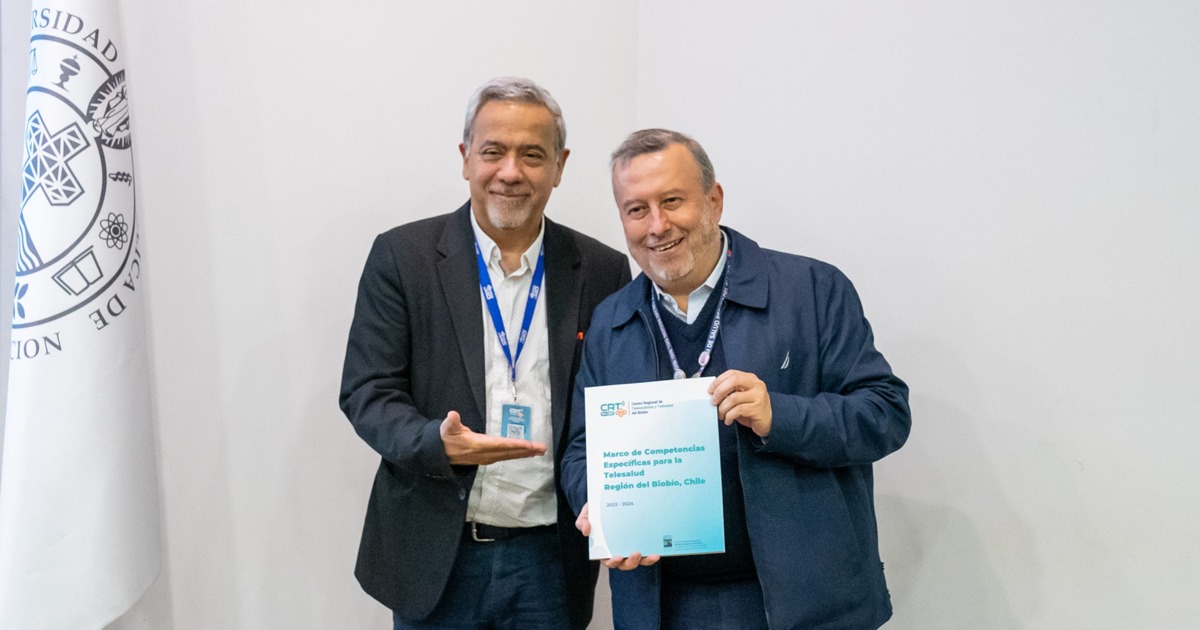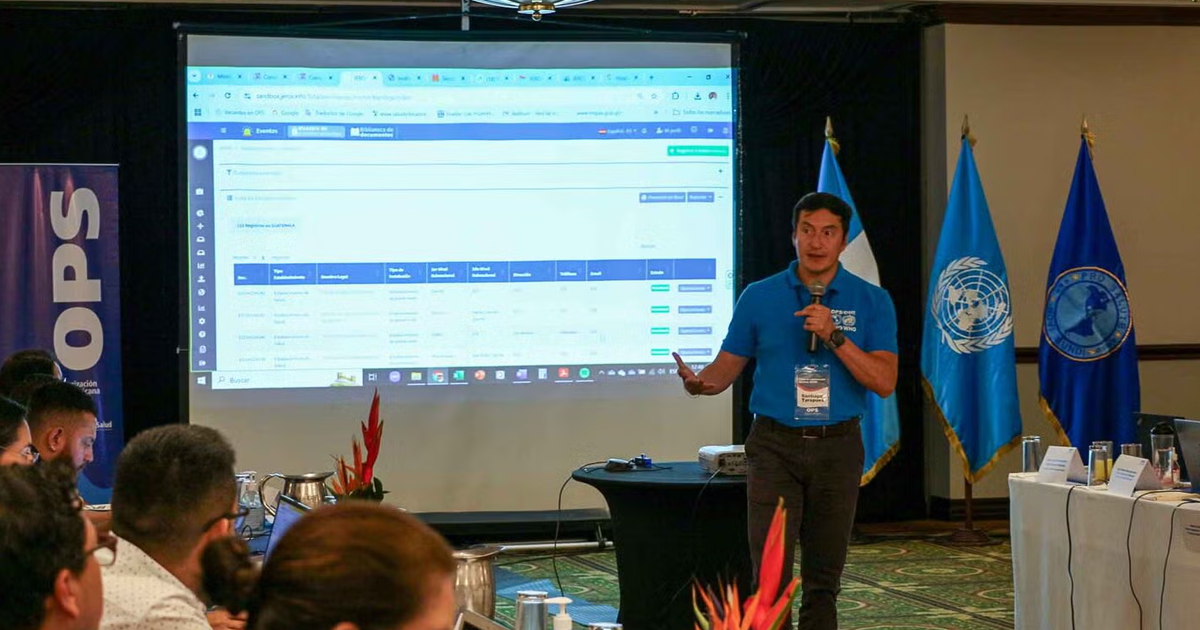Medical research has offered during the last year, thousands of studies related to the use of mobile technologies in the management or diagnosis of diseases.
The beginning of the COVID-19 health emergency early last year and the introduction of social distancing measures, quarantine and lockdown, gave a great impulse to the use and adoption of telemedicine.
The rise of remote monitoring led to the drafting of new regulatory policies on the use of technologies for this purpose in different countries. In addition, in other countries, the pandemic promoted the acceleration in the adoption of telemedicine and other digital health technologies.
On the other hand, scientific and research articles on the use of technologies for monitoring patients' health have also multiplied over the last year, specifically those that address issues such as the use of mobile devices, such as wearables wearables.

Through the use of wearables for clinical research, it has been possible to learn more about COVID-19 symptoms. And how through the monitoring of symptoms it is possible to improve the prediction of the severity of coronavirus disease, depending on the type of symptoms presented, whether fever, headache, fatigue, or even changes in sleep habits.
In addition, the following have also been developed studies evaluating physiological signs associated with COVID-19, the study shows results that could predict a possible hospitalization for this disease. This study shows results that could predict a possible hospitalization for this disease.
However, wearables have not only been used to develop studies on COVID-19. A A study by Alzheimer's Research UK, analyzed large-scale data on neurodegenerative diseases through these devices. The aim of this research is to identify specific characteristics of this type of disease and provide early diagnosis for patients.
As a result of the pandemic, the researh lines to the use of devices for remote medical care, telemedicine, medical chatbots, among others, have become stronger and more notorious.





